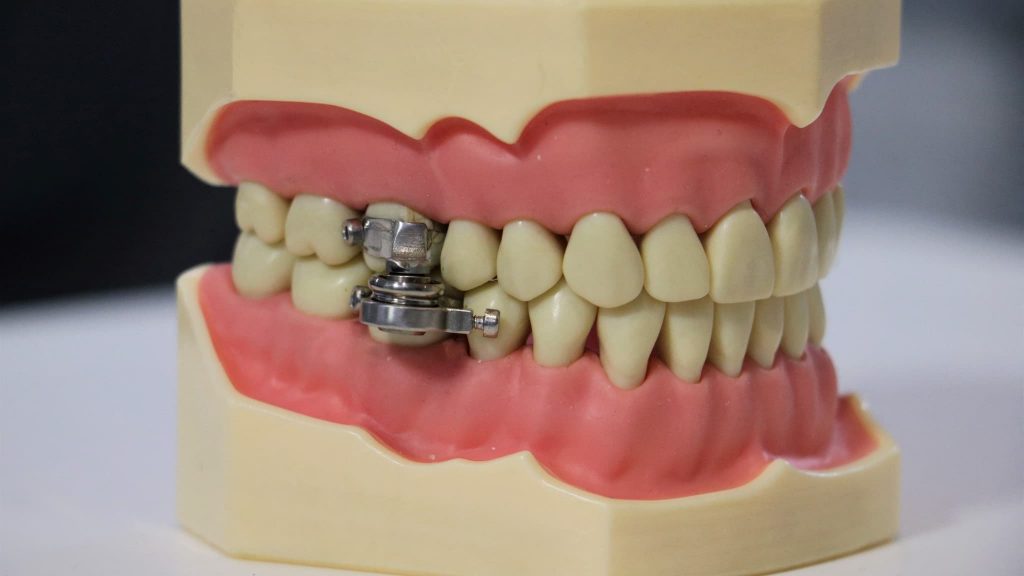
Anti-obesity device developed by controversial New Zealand researchers
New Zealand researchers have developed a device that has been presented as losing weight thanks to magnets that are supposed to limit jaw opening. An invention that has been much criticized, akin to torture by some Internet users.
New Zealand researchers have developed a locking device that is believed to aid weight loss Through magnets that almost prevent patients from opening their mouths, an invention that falls under the torture tool for many Internet users. The device was introduced as a “world first”, not yet marketed, and is applied by a dentist to molars. Once installed, it allows the jaws to open only two millimeters.
The device ensures a patient can only eat liquid food, says Paul Brunton, a health researcher at the University of Otago, but his ability to breathe or speak is not affected. According to him, “It is a non-invasive, reversible, economical and attractive alternative solution to surgical procedures.” “The point is that this device has no negative consequences.”
His team guarantees that this invention will “help in the fight against the global obesity epidemic.” Researchers say, in an article published in British Law Journal of Dentistry In June, seven women took the test This device is called DentalSlim Diet Control For two weeks, he lost an average of 6.36 kg.
The invention is criticized by critics
This invention, reminiscent of the jaw-linking procedures practiced in the 1980s, has attracted much criticism from netizens who especially deplore its “hateful and inhuman” nature. Some, on Twitter in particular, have even compared them to medieval torture instruments. “Cool, I’d like to give you my idea of a device meant to help short people get taller,” especially the user who mocked him. On the social network.
“What if someone feels the need to vomit? If the person is choking, having a heart attack, or needs to be intubated quickly? It seems very unethical,” notes Austrian political science professor Natasha Strobel on Twitter.
The researchers explained that patients who tested the device initially found the device to be a bit uncomfortable, before they actually considered it “tolerable.” They insist that this invention has a safety that allows mouth release in the event of an emergency, in the event of vomiting or a panic attack.
None of the guinea pigs used this safety during the two-week test, the researchers said. However, one woman admitted to cheating by eating melted chocolate to get a quick dose of sugar. In the face of many criticisms and questions raised, the University of Otago provided some explanations for its study on Tuesday.
“To be clear, this device was not intended as a tool for weight loss, either quickly or over the long term,” the university says. “Instead, it is intended to help people who have to undergo surgery and who are not in a healthy condition to lose weight.”
The foundation also specifies that “after two or three weeks, the magnet can be completely detached and the device removed.” These periods of restoring jaw freedom can then be associated with a “period of less strict dieting before resuming treatment.” This would allow for a gradual approach to weight loss, with follow-up by a dietitian.”

“Organizer. Social media geek. General communicator. Bacon scholar. Proud pop culture trailblazer.”
